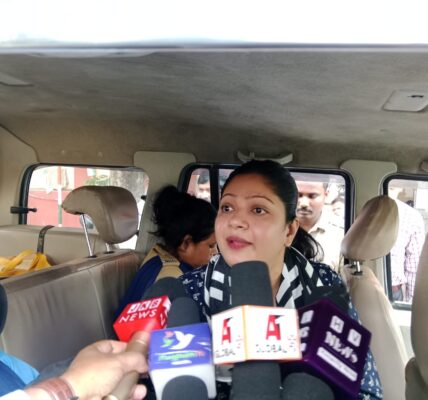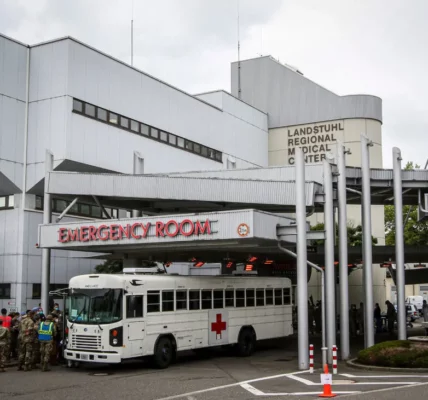For more than a week, world leaders gathered at the United Nations General Assembly to debate the world’s most pressing problems: war in Ukraine, poverty, a warming planet and pandemics.
They also acknowledged that the U.N.’s premier body, the Security Council is broken. The Council has been paralyzed by the inability of its permanent members to act in unison as a bloody war has raged in Europe.
As President Recep Tayyip Erdogan of Turkey put it last week, “the Security Council has ceased to be the guarantor of world security and has become a battleground for the political strategies of only five countries.”
He was referring to the five, veto-wielding permanent members: the United States, China, France, Britain and the nation that started that raging war, Russia, which has vetoed resolutions condemning its invasion of Ukraine and calling on it to withdraw its troops.
The U.N.’s secretary general, António Guterres, gave an even starker assessment, warning that the choice was between reform or rupture.
“The world has changed. Our institutions have not,” Mr. Guterres said in his address to the General Assembly last week. “We cannot effectively address problems as they are if institutions do not reflect the world as it is. Instead of solving problems, they risk becoming part of the problem.”
While calls to reform the Security Council have persisted for decades, Russia’s invasion of Ukraine has underscored to critics that the diplomatic infrastructure put in place after World War II has run its course and is failing in the 21st-century world.
Deep divisions among the five permanent members have stymied collective action to stop deadly conflicts, human rights abuses and nuclear threats around the world, from Ukraine to Syria, Mali to Myanmar, South Sudan to North Korea.
But despite the widespread calls for change, and abundant evidence of the Council’s failures, breaking the gridlock holding up change is a nearly impossible task.
The U.N.’s founding charter was designed to make alterations extremely difficult. And while several proposals and ideas for revising the Security Council have been floated, the necessary consensus is not within reach, according to world leaders, diplomats and U.N. officials.
“I think one of the challenges is everyone agrees that, you know, there needs to be significant improvements. Nobody agrees on what those improvements are,” Prime Minister Justin Trudeau of Canada said in an interview last week with The New York Times. “Truly changing the architecture we have will require a level of consensus that I think is probably slightly beyond us right now.”
Any revision of the Council requires a change to the U.N. charter — and that requires a two-thirds vote of all 193-member states — plus the approval of all five permanent members of the Council.
Even if the proposed changes were to clear the formidable, internal U.N. hurdles, they would then have to be “ratified in accordance with their respective constitutional processes” by two-thirds of the member states.
Since the Security Council’s founding in 1945, when it was given the responsibility for preventing threats to global security and maintaining stability, the one and only change it has undergone came in 1965 when it expanded from 11 members to 15, adding four seats to the two-year elected membership.
But however much momentum there is now for change as a result of the invasion of Ukraine, removing Russia from the Council or stripping it of its veto power, as President Volodymyr Zelensky of Ukraine has suggested, is not seen as realistic.
Image











